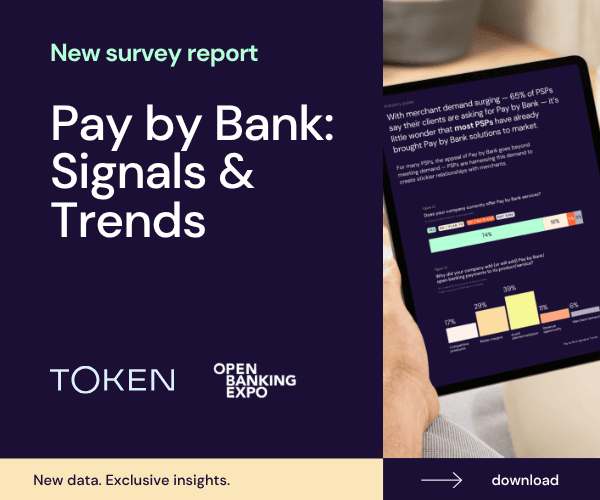
60 seconds with Mark Buitenhek, Global Head of Transaction Services, ING
Lauren Linfield | News
26 Jul 2019
ING’s Global Head of Transaction Services, Mark Buitenhek joins the speaking faculty for Open Banking Expo Europe on 4 October 2019. His session “Building an innovative ecosystem” will look at what an innovative ecosystem of traditional payment providers and fintechs look like, illustrating some successful examples and what everyone’s role is in the chain.
Here, we get a 60 second insight into Mark’s role and how he thinks the financial landscape will change as a result of Open Banking.
Q: Explain what you do in less than 50 words
A: Within ING, I am the Head Transaction Services with overall responsibility for payments, cash management, trade finance, working capital solutions and cards for Wholesale Banking. Additionally, I am responsible for the ING Payments Centre (across Wholesale-and Retail Banking), Bank Mendes Gans N.V. and our open banking programme.
Q: Why did you choose to speak about “Building an innovative ecosystem” at Open Banking Expo Europe?
A: Customers’ needs and expectations are changing rapidly and companies have no option but to embrace the shift in economy and adapt. At the same time, open banking demands banks to rethink traditional products and services. ING’s vision is two-fold. Firstly, create an ecosystem of our own, a go-to-place for all financial needs, and beyond. And secondly, be where our customers are in the most popular ecosystems out there.
Q: What are the biggest challenges your organisation faces in meeting the PSD2 deadline on 14 September?
A: We’ve chosen a strategic approach towards PSD2 and by doing so we’ve put lots of time and effort into developing one global platform serving all of our 38 million retail customers, and corporate and institutional clients, in more than 10 countries. This helps us to become a global platform bank with one user experience, one API solution and one developer portal to efficiently and seamlessly interact with customers and TPPs. Against this backdrop there are however still uncertainties and ongoing discussions between banks, TPPs and regulators about regulatory requirements for PSD2 APIs. Also, the PSD2 ecosystem is still immature, though gradually evolving, with actual licensed TPPs that consume PSD2 APIs in production at scale.
Q: What can the audience expect to learn and hear about during your session?
A: Global challenges need global solutions. That’s why we collaborate with others, both on existing platforms and on new ones we have yet to create. The audience will hear about our Platform vision and plays, how our partnerships and ventures, such as TransferMate, Payvision, Cobase and Yolt, strengthen our proposition, and how Open Banking is enabling ING to become a global platform bank.
Q: What do you think the financial services industry will look like in 10 years’ time as a result of Open Banking? Will much have changed?
A: In 10 years’ time you’ll see that banking will be connected to existing platforms, and their satellite ecosystems. It will become much more integrated, relevant, seamless, and some of our products might even become invisible due to new technologies. Financial decision-making for example will go into autopilot as a result of AI.
Q: What innovation do you see in Open Banking in the next 12 months?
A: The combination of Open Banking with Instant Payments has all the ingredients to be a successful cocktail for new customer journeys. Also, hopefully by then we have an industry approach towards KYC requirements helping both banks and businesses in this time consuming process.



